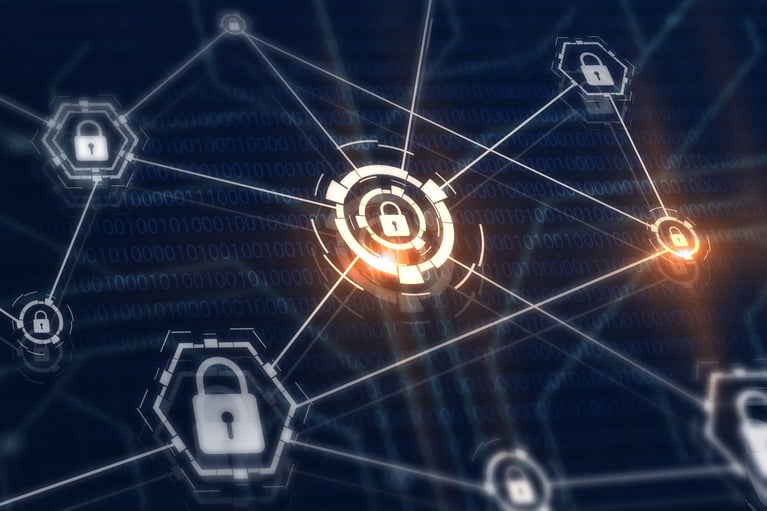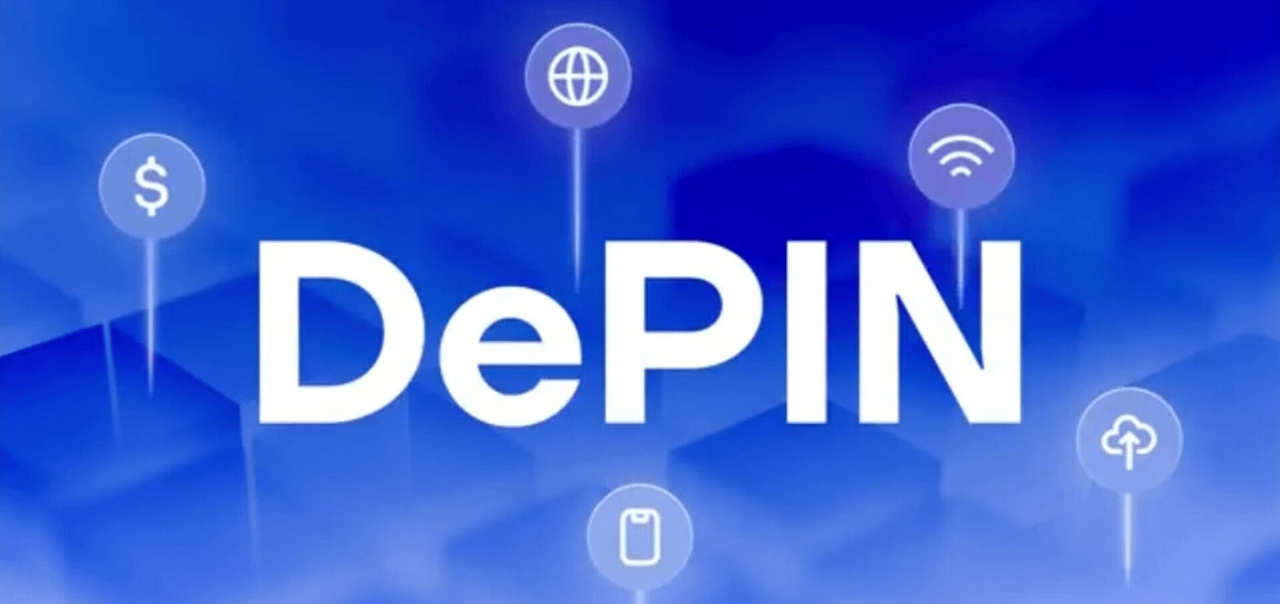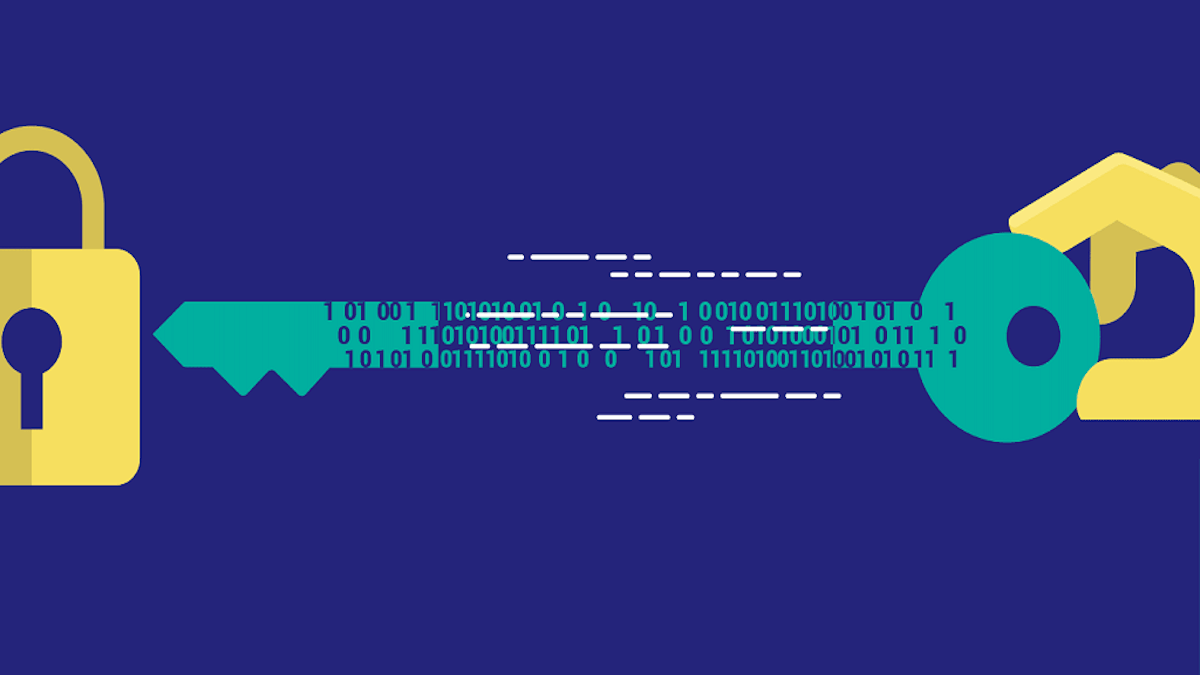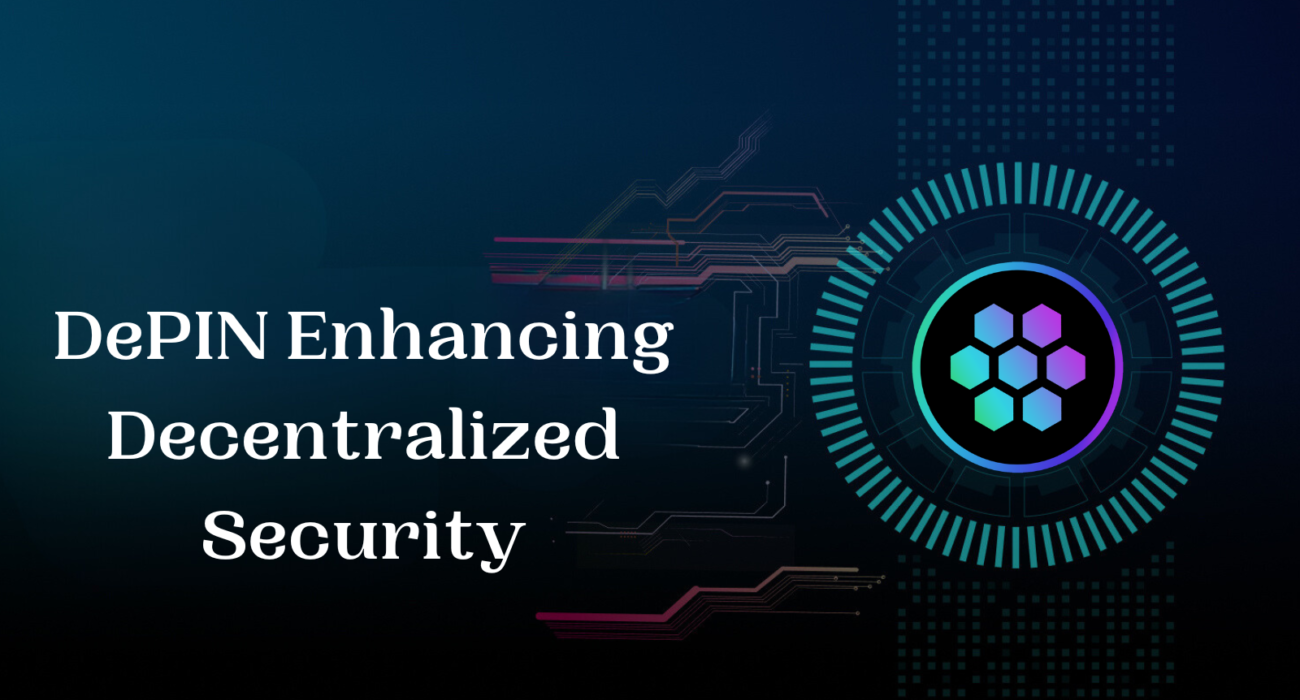As the world increasingly moves toward digitalization, the need for robust and secure infrastructure has never been more critical. While decentralized systems are gaining traction, they are not without challenges, especially in terms of security. However, DePIN, or Decentralized Physical Infrastructure Networks, is revolutionizing the way we think about digital security. This blog will explore how DePIN enhancing decentralized security, strengthening the digital landscape.
What is DePIN?
DePIN stands for Decentralized Physical Infrastructure Networks, a system that utilizes decentralized infrastructure to manage data, transactions, and processes in a more secure and distributed manner. Unlike traditional centralized infrastructures that rely on a single point of control, DePIN spreads control across multiple nodes, ensuring a more resilient and transparent system.
This technology is powered by blockchain, enabling users to securely share and store information without relying on a central authority. By doing so, DePIN helps protect against common vulnerabilities, such as hacking, data breaches, and system failures, which are often seen in centralized systems. The idea behind DePIN enhancing decentralized security is to create a digital ecosystem that is harder to penetrate while ensuring privacy and data integrity.
Why Decentralized Security is Crucial
Centralized systems have historically been plagued with security risks. From data breaches at major corporations to hacks targeting sensitive government information, the centralization of data presents a single point of failure that is attractive to bad actors. In a centralized network, if the main server is compromised, the entire system can be brought down, putting user data at risk.
In contrast, decentralized security offers a more resilient and robust approach. By spreading data and control across multiple nodes, decentralized systems ensure there is no single point of failure. This not only enhances security but also builds trust, as no central entity holds all the power or information. DePIN enhancing decentralized security is a natural progression in this space, ensuring that infrastructure itself becomes more secure and resilient.
How DePIN Enhances Decentralized Security
Now that we understand the importance of decentralized security, let’s explore how DePIN enhances decentralized security in various ways:
Distributed Infrastructure for Resilience
One of the key advantages of DePIN is its distributed nature. Unlike centralized systems, where all infrastructure is controlled by a single entity, DePIN spreads control across multiple nodes or devices. This means that even if one part of the network is compromised, the entire system remains operational.
By distributing data and infrastructure globally, DePIN makes it much harder for hackers to launch successful attacks. With multiple nodes responsible for different pieces of the system, there is no single point of entry. This form of decentralized resilience is one of the strongest points in DePIN enhancing decentralized security, as it builds a robust defense against potential breaches.
Encryption and Privacy
Encryption is at the heart of any secure digital system, and DePIN takes this to the next level. In a DePIN-enhanced decentralized security model, data is encrypted not only during transmission but also at rest, ensuring that unauthorized access is nearly impossible. This encryption ensures that even if a hacker were to intercept the data, they wouldn’t be able to make sense of it without the proper decryption keys.
Moreover, privacy is deeply embedded in DePIN’s design. Users can interact with the network and exchange information without revealing their identities, thanks to advanced encryption techniques. This makes DePIN an attractive solution for industries where privacy is a top concern, such as healthcare and finance.
Unlock the future of decentralized security by investing in SRP Token! Join us in empowering DePIN and be part of the revolution that secures our digital landscape.
Reducing Reliance on Central Authorities
Traditional systems rely heavily on centralized control, meaning a single point of failure can compromise the entire network. With DePIN, this reliance on central authorities is eliminated, creating a more secure and trustless environment. By allowing users to interact directly with each other through decentralized infrastructure, the need for intermediaries is greatly reduced.
DePIN enhances decentralized security by shifting power from a central authority to individual nodes in the network. This shift minimizes the risk of insider threats or corruption, which are often seen in centralized systems where too much control is concentrated in the hands of a few.
Automated and Trustless Security Mechanisms
Blockchain technology, which powers DePIN, is inherently trustless. This means that transactions and processes are verified automatically by the network without the need for a central authority to oversee or validate them. Smart contracts are a key part of this trustless system, automatically executing agreements and ensuring compliance.
In the context of DePIN enhancing decentralized security, these trustless mechanisms ensure that processes like data transfers, identity verification, and financial transactions are secure, transparent, and free from human error or manipulation.
Real-World Use Cases of DePIN Enhancing Security
DePIN’s potential to enhance security isn’t just theoretical. It is being actively applied in various industries to address key security challenges:
Secure Data Storage and Transfer
In industries where data privacy is paramount, such as healthcare, DePIN is revolutionizing how sensitive information is stored and shared. By encrypting and decentralizing data, DePIN enhances decentralized security, ensuring that patient records, financial data, and other sensitive information remain secure and private.
DePIN in Decentralized Finance (DeFi)
Decentralized finance (DeFi) is another area where DePIN enhances decentralized security. In the DeFi space, where billions of dollars are being transacted, security is a major concern. DePIN’s distributed network and automated security mechanisms prevent common vulnerabilities like hacking and fraud, providing users with a safer environment to manage their assets.
Challenges and Future Opportunities
Current Challenges in DePIN Implementation
While DePIN enhancing decentralized security offers numerous benefits, it is not without challenges. Technical hurdles such as scalability, energy consumption, and network latency need to be addressed for widespread adoption. Additionally, convincing businesses to transition from traditional centralized systems to decentralized infrastructure can be difficult, especially in industries that are resistant to change.
Opportunities for Growth in DePIN Security
Despite these challenges, the future of DePIN enhancing decentralized security is bright. As technology advances, DePIN’s infrastructure will become more scalable, energy-efficient, and faster. The increased adoption of DePIN in industries like healthcare, finance, and cloud storage shows the vast potential for decentralized security solutions. Innovations like quantum-resistant encryption and faster consensus algorithms will further enhance DePIN’s ability to secure the digital world.
Conclusion
In a world that increasingly relies on digital infrastructure, security is more important than ever. DePIN enhancing decentralized security is a vital step forward in addressing the vulnerabilities of traditional centralized systems. By leveraging distributed infrastructure, encryption, and trustless mechanisms, DePIN is building a more secure, resilient, and trustworthy digital ecosystem. As industries begin to recognize the benefits of DePIN, its role in enhancing decentralized security will only continue to grow, paving the way for a more secure digital future.

 China
China Russia
Russia India
India









